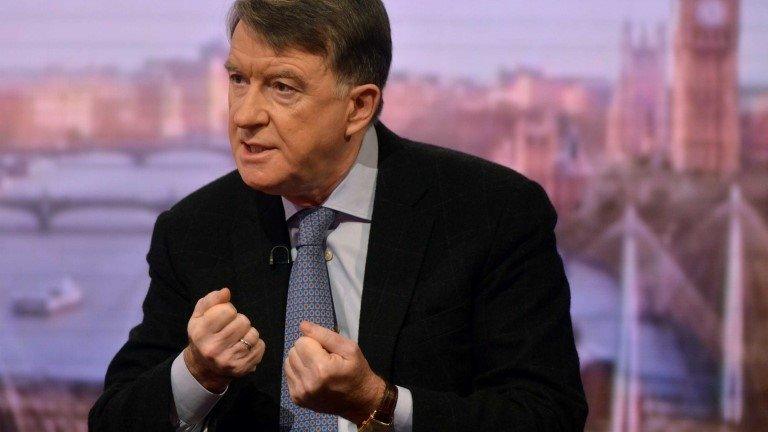Labour's John McDonnell: Another world is possible
- Published
John McDonnell on direct action: "I've learned the lesson that violence does not work"
Labour can show that "another world is possible" by rejecting austerity while also "living within our means", Shadow Chancellor John McDonnell has said.
He told activists that his goal was to change the "economic discourse" in the country and secure "dynamic growth".
A Labour government would reverse cuts to tax credits and ensure firms paid their "fair share of taxes".
He also called on Labour MPs who had refused to serve under new leader Jeremy Corbyn "to come back".
* Follow live video and rolling text commentary with Labour conference live
In his first speech as shadow chancellor to the party conference in Brighton, he set out Labour's thinking and priorities in key areas:
Aggressively tackling tax avoidance and evasion
Introducing a "real living wage"
Cutting tax breaks for buy to let landlords in a clampdown on "corporate welfare"
Restoring and extending trade union rights
Tackling the gender pay gap and building more homes
Asking ex-civil servant Lord Kerslake to review how the Treasury works
Reviewing the Bank of England's inflation mandate and the work of Revenue and Customs
Read more on McDonnell's key economic messages
Mr McDonnell rejected Conservative claims that Labour were "deficit deniers", attacking George Osborne's record and insisting that a future Labour government would secure prosperity through increased investment.
He attacked the "current model" of economic policymaking, saying the Conservatives only "represented the 1% of the richest" in society and said he was "fearful" for the existing economic recovery which he suggested was based on insecure, unsustainable foundations.
"We are embarking on the immense task of changing the economic discourse in this country," he said.
"Step by step: First we are throwing off that ridiculous charge that we are deficit deniers. Second we are saying tackling the deficit is important but we are rejecting austerity as the means to do it.
"Third we are setting out an alternative based upon dynamically growing our economy, ending the tax cuts for the rich and addressing the scourge of tax evasion and avoidance."

Analysis by political editor Laura Kuenssberg
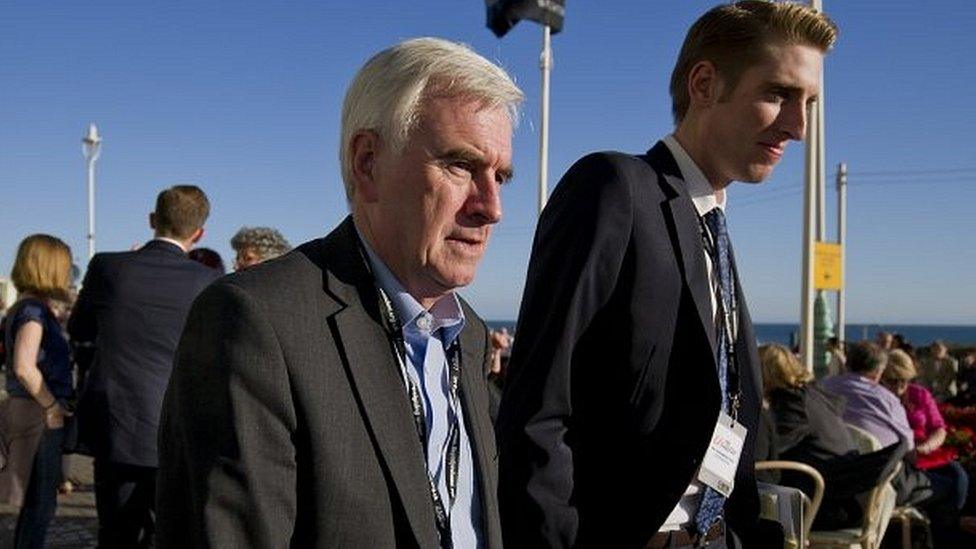
Has the radical firebrand really gone? The Shadow Chancellor John McDonnell joked this morning that he would come across as a "boring local bank manager" today. He was not, from the conference platform, announcing a sweep of firm new policies, fundamentally changing Labour's positions immediately.
Although Team Corbyn keeps reminding us, we are all now living in the "new politics", they have come up with a rather familiar political strategy - announce a review. But John McDonnell did not quite live up to his own promise of being completely dull.
The hall loved his promise to pursue companies aggressively to pay tax; his promise to build homes for all homeless families; to end the pay gap; to reject austerity.
Mr McDonnell and Mr Corbyn want to raise taxes on the City, get businesses and the wealthy to pay more of their fair share of tax. But crucially, he believes Labour can balance the books and rejects accusations he's a "deficit denier".
He knows it is important for the public and the rest of the party that he is seen to be trying to stitch the party's economic credibility back together.
So those really radical ideas? Reviewing how the whole economic system works? Changing how the Bank of England and the Treasury work? But first he wants members of the public and experts to take part in a big conversation about the economy, a fundamental look at everything.
We know his views make him the most radical shadow chancellor in many years. And more to the point, Mr Corbyn's campaign succeeded based on big, bold promises about transforming how the country pays its way. But the really fundamental transformations? For now they wait.
But perhaps old habits die hard. Whatever McDonnell's ambition to be dull, his hope not to frighten off his party's moderates today, when I asked him if he still wanted to work to overthrow capitalism, he didn't demur - "it's already happening", he told me, "bit by bit".

Labour, he conceded, had to prove it had a workable approach but promised "as socialists we will display our competence with our compassion".
"Idealists yes, but ours is a pragmatic idealism to get things done, to transform our society. We remain inspired by the belief and hope that another world is possible. This is our opportunity to prove it. Let's seize it."
In the speech, he said he would launch a consultation on a fresh mandate for the Bank of England while insisting it would retain its independence - granted by Labour in 1997 - and its ability to set interest rates without political interference.
At the moment, the Bank of England's mandate is to deliver price stability, focusing on delivering inflation of 2%. Governor Mark Carney must write to the government every time the target is missed by 1% on either side. However, inflation is currently close to 0% and has not been within the target band since October 2014.
John McDonnell says Labour plans a review of the Bank of England, but guarantees its independence
"They will retain their independence in the same way they had under Gordon Brown and George Osborne," Mr McDonnell told Radio 4's Today.
But he added: "I don't want to be critical of Mr Carney but they are not meeting their mandate.
"It has been 18 years since we reviewed it (the mandate). There will be a parliamentary debate and we want to include in that other aspects of consideration - so for instance prosperity in the economy and long-term investment in the infrastructure."
'More intervention'
In Monday's speech, he "demanded" access to the financial models used by the Bank of England and Office for Budget Responsibility to help Labour formulate an alternative economic policy, saying it "should be open to all parties in Parliament" to test their own ideas "in advance of getting into government".
He also announced a review of Her Majesty's Revenue and Customs to find out how it could beef up its efforts to collect the billions of pounds avoided by UK companies and individuals every year, saying the likes of "Starbucks, Vodafone, Amazon and Google" should pay their "fair share".
During his Labour leadership campaign, Jeremy Corbyn claimed £120bn could be recovered from tax avoidance and evasion - enough to eliminate the UK's budget deficit without cutting welfare or public spending - although others in the party have questioned this.
Speaking shortly before Mr McDonnell, the leader of the Unite union Len McCluskey said "defeatists in Labour's ranks" could not be allowed to "debilitate" the shadow chancellor and Mr Corbyn.
But the Conservatives said Labour's plans would "drive up the cost of living" while CBI boss John Cridland said the overall impression given by the speech was "of rather more intervention in the world of business and the economy".
- Published10 September 2013
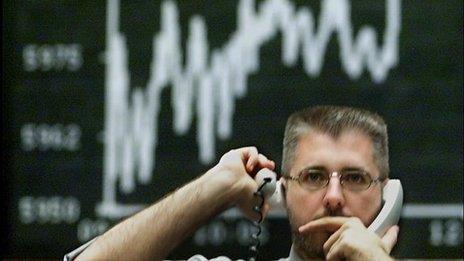
- Published28 September 2015
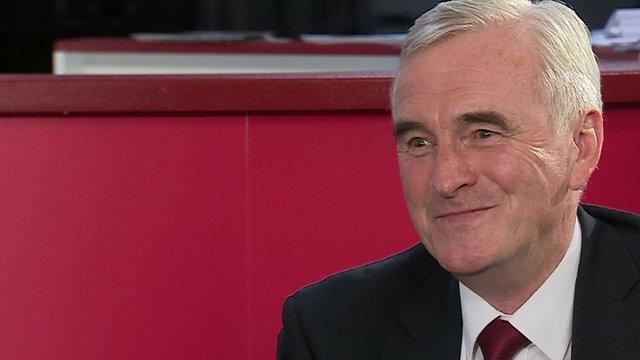
- Published28 September 2015
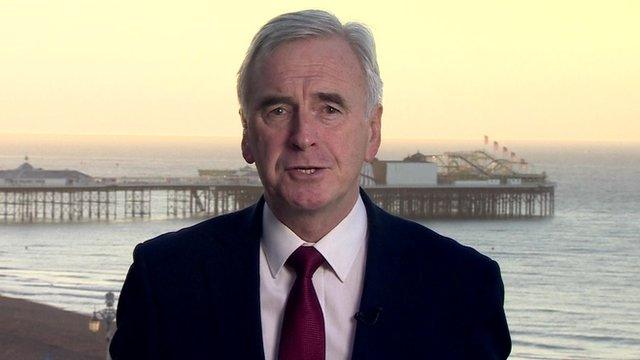
- Published28 September 2015
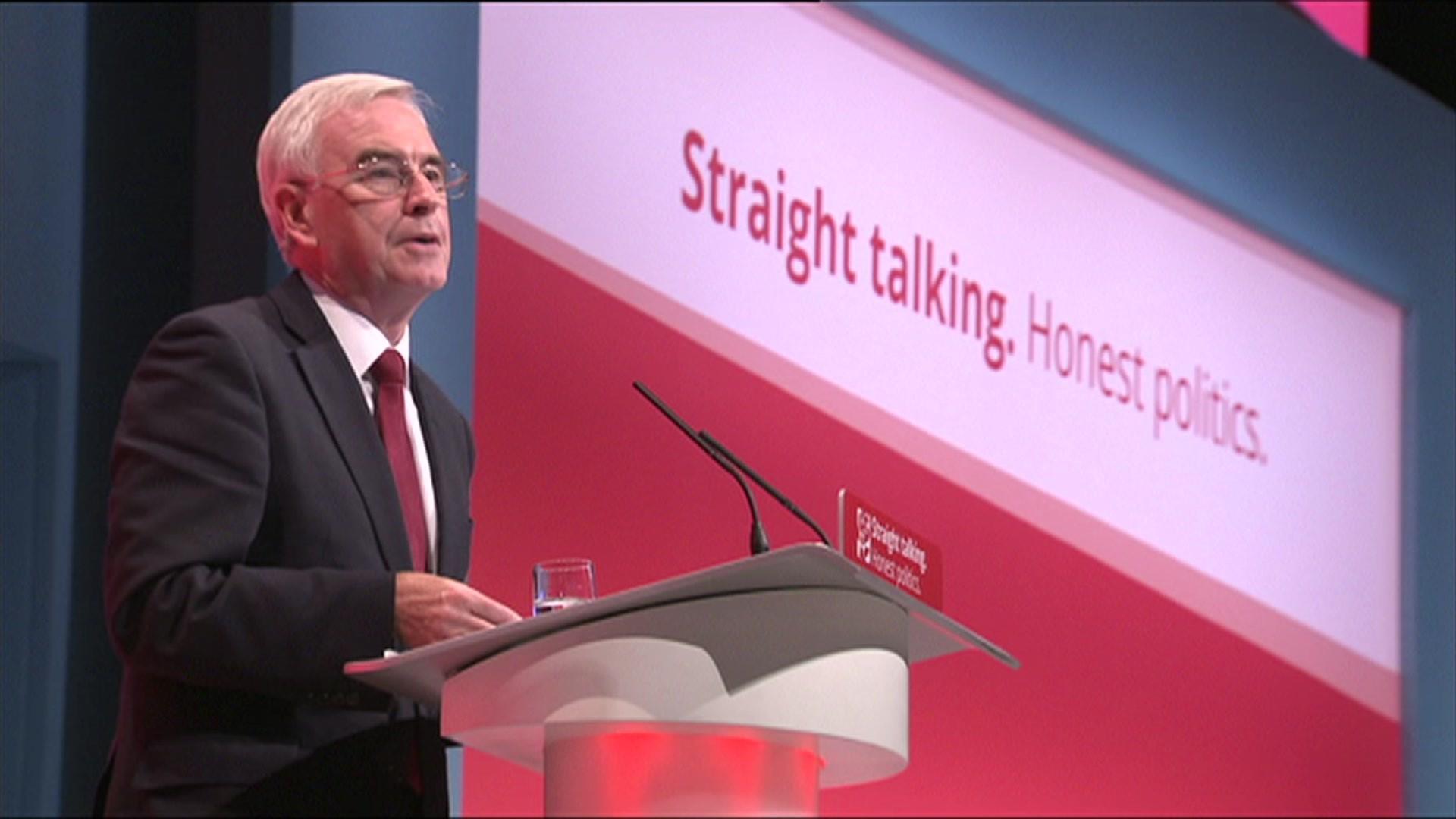
- Published26 September 2015
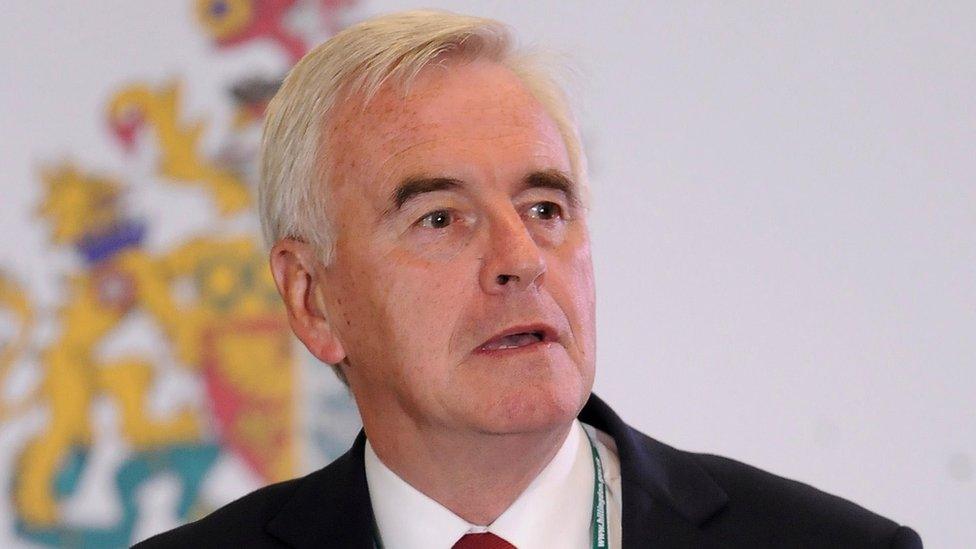
- Published26 September 2015
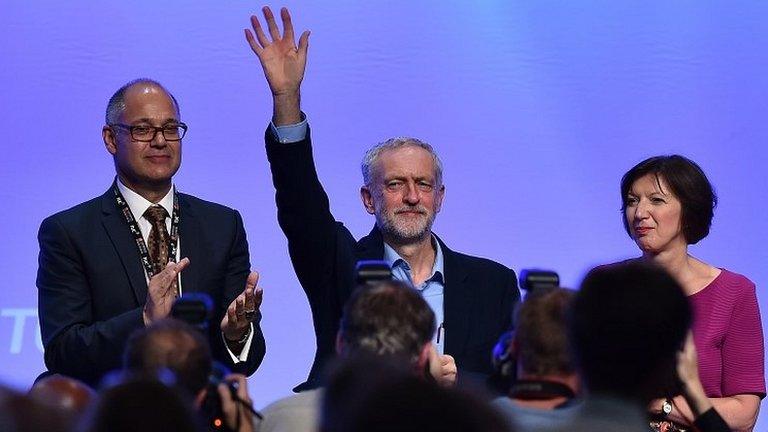
- Published26 September 2015

- Published25 September 2015
- Published25 September 2015
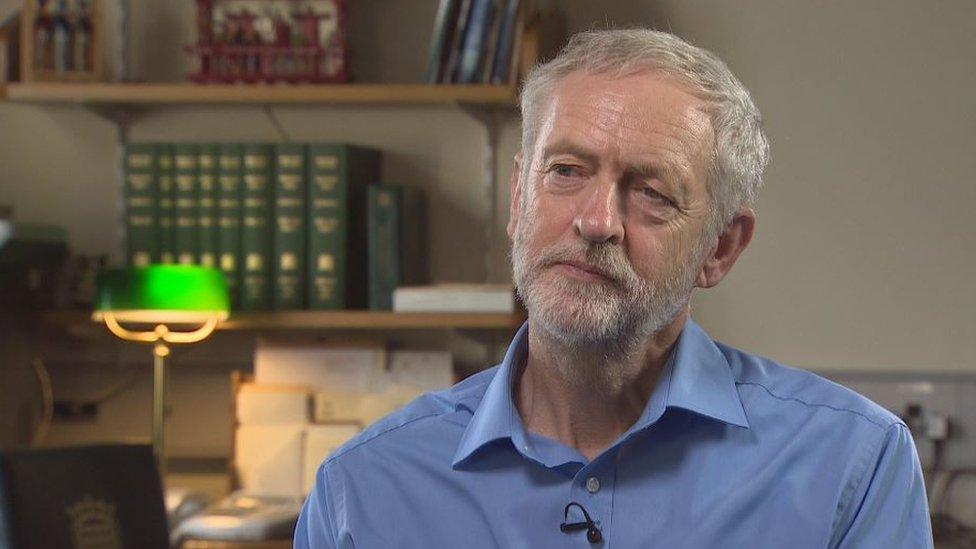
- Published25 September 2015
